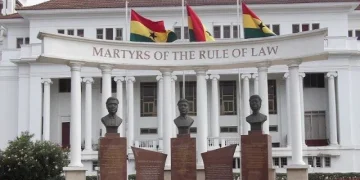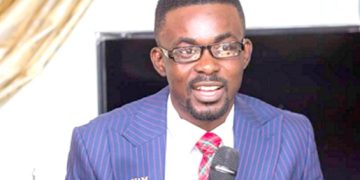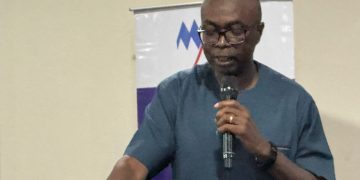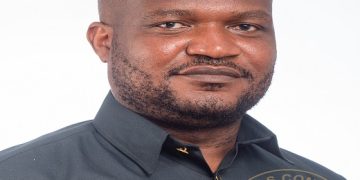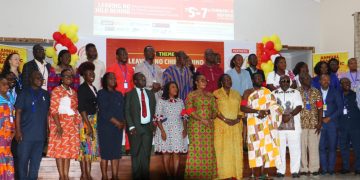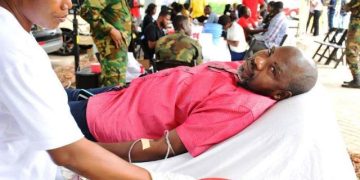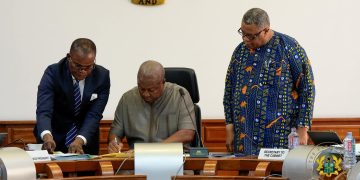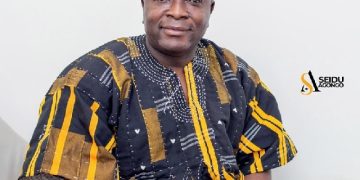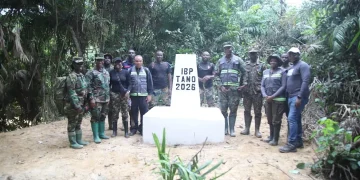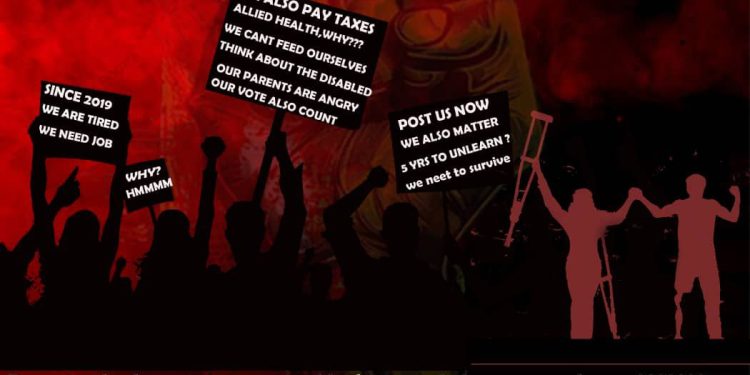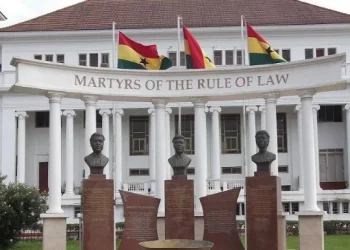Prosthetics and Orthotics graduates in Ghana are protesting against their exclusion from recruitment into the Ghana Health Service (GHS) since 2019.
The ongoing online recruitment for Nurses and Allied Health Professionals has further sidelined nearly 100 graduates, deepening their frustration.
“Since we completed our national service in 2020 we have not been posted. We are really suffering. Currently I teach in a private school which I am paid ghc200 a month. A diploma holder. But I can’t complain because I can’t continue to depend on family for everything ” One of the unposted graduates told Starr News.
The group has taken to social media to express their displeasure and demand inclusion in the recruitment process.
One of their protest flyers reads: “Been in the house since 2019. No financial clearance. Why na??? This injustice towards disabled people must come to an end. Allied Health Professionals Council only knows how to take PIN money.” Another states, “Since 2019 we are tired. We need jobs.”
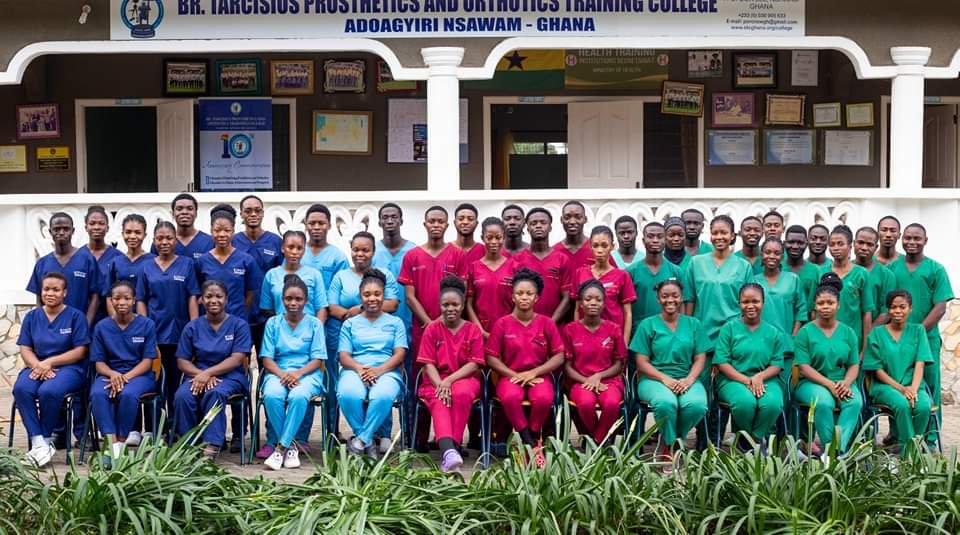
Brother Tarcisius Prosthetics and Orthotics Training College (BTPOTC), established in 2013 in Nsawam-Adoagyiri in the Eastern Region, is the first institution in Ghana dedicated to training professionals in prosthetics and orthotics (P&O).
The college gradutes about 18 professionals every year with aim to address the significant gap in providing artificial limbs, braces, and related services to individuals with mobility challenges.
However, despite the increasing demand for such services, graduates face bleak job prospects due to the lack of recruitment.
The situation is dire, especially as road accidents in Ghana continue to rise.
In the first quarter of 2024 alone, 609 people lost their lives, and 3,823 suffered various injuries, many resulting in mobility challenges. With 14,135 road accidents recorded in 2023, leading to 2,276 fatalities and 15,409 injuries, the demand for prosthetics and orthotics services is expected to grow.
Ghana’s 2021 Population and Housing Census revealed that 8% of the population, or 2,098,138 individuals, live with disabilities, many of whom require prosthetic and orthotic services.
According to the World Health Organization (WHO), only 1 in 10 people who need assistive products, including prostheses and orthoses, have access to them. This is largely due to high costs, lack of awareness, and inadequate trained personnel.
The Orthopaedic Association of Ghana has issued a warning about the state of orthopedic and rehabilitation services in the country.
According to the Association,despite the growing prevalence of musculoskeletal conditions, the sector faces critical shortages of certified orthopedic surgeons, outdated equipment, and inadequate facilities. Currently, Ghana has only about 70 certified orthopedic trauma surgeons, far below the required number to serve the population.
At the 2024 Annual General Conference of the Orthopaedic Association of Ghana, held in Kwahu, Eastern Region, President of the Association, Dr. Raphael Kuma-Ametepe, urged the government to prioritize the training and retention of more orthopedic surgeons and its allied health professionals.
He also stressed on the lack of public rehabilitation centers in Ghana, which hampers the efforts of orthopedic professionals.
Dr. Peter Konadu, a trauma surgeon at Komfo Anokye Teaching Hospital, also called for more training centers and advocated for the inclusion of orthopedic services in the National Health Insurance Scheme to encourage professional care over traditional methods.
With the goal of achieving Universal Health Coverage by 2030, there is an urgent need for more investment in orthopedic and rehabilitation services to meet the growing demand and reduce musculoskeletal disabilities in Ghana.
Recruitment of Prosthetics and Orthotics professionals must therefore be prioritized.
Source: www.kumasimail.com/ Kojo Ansah/ Koforiduah


